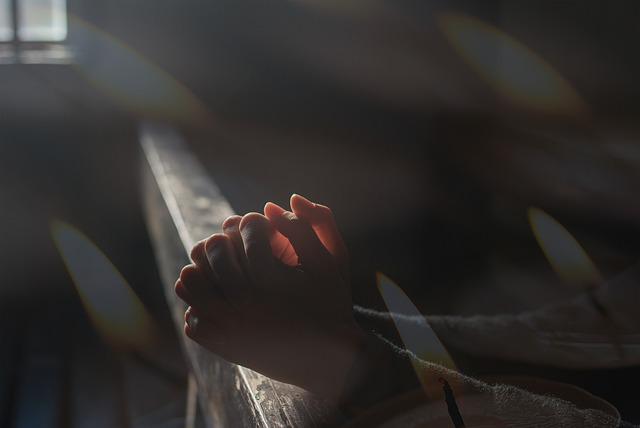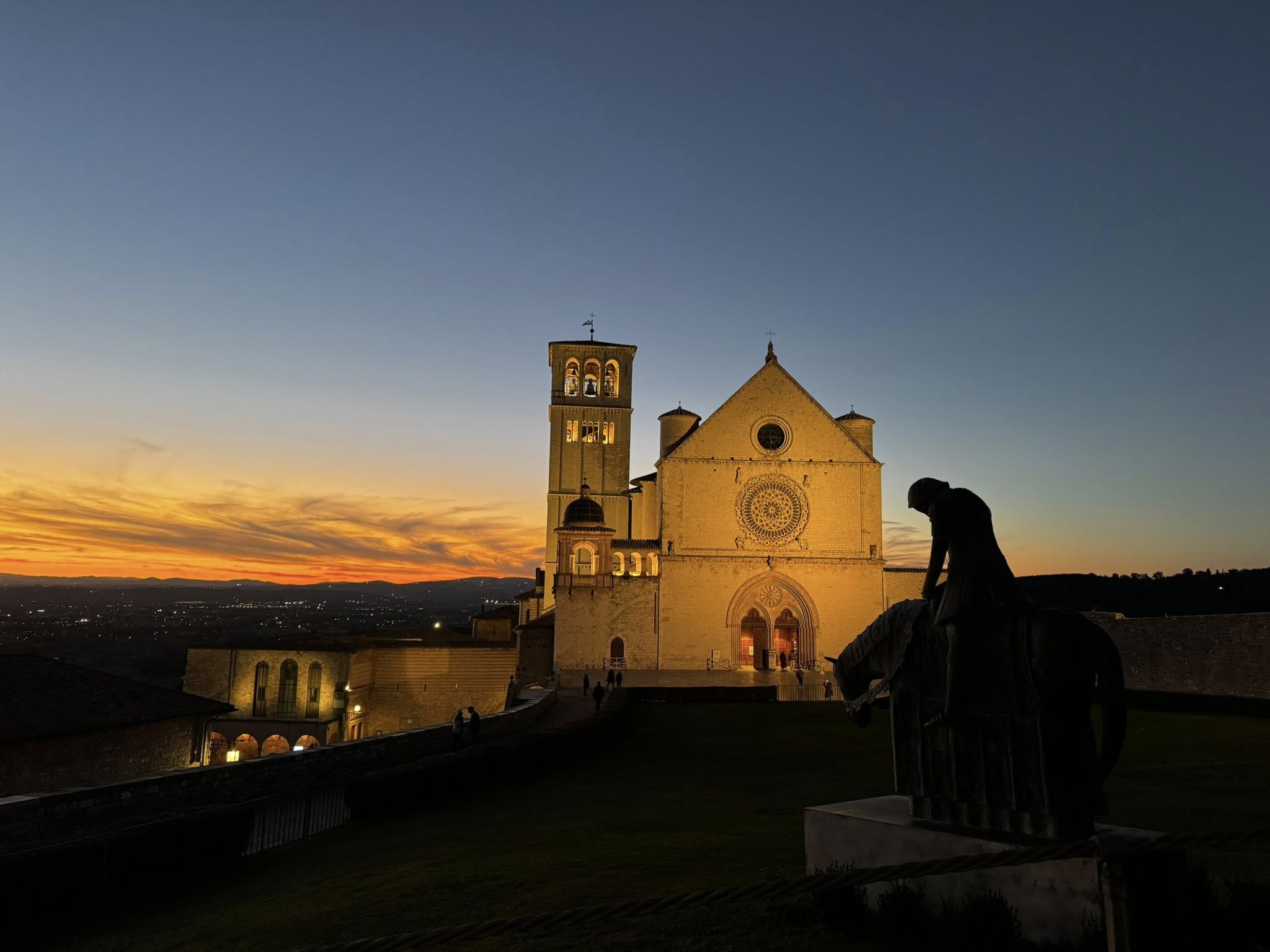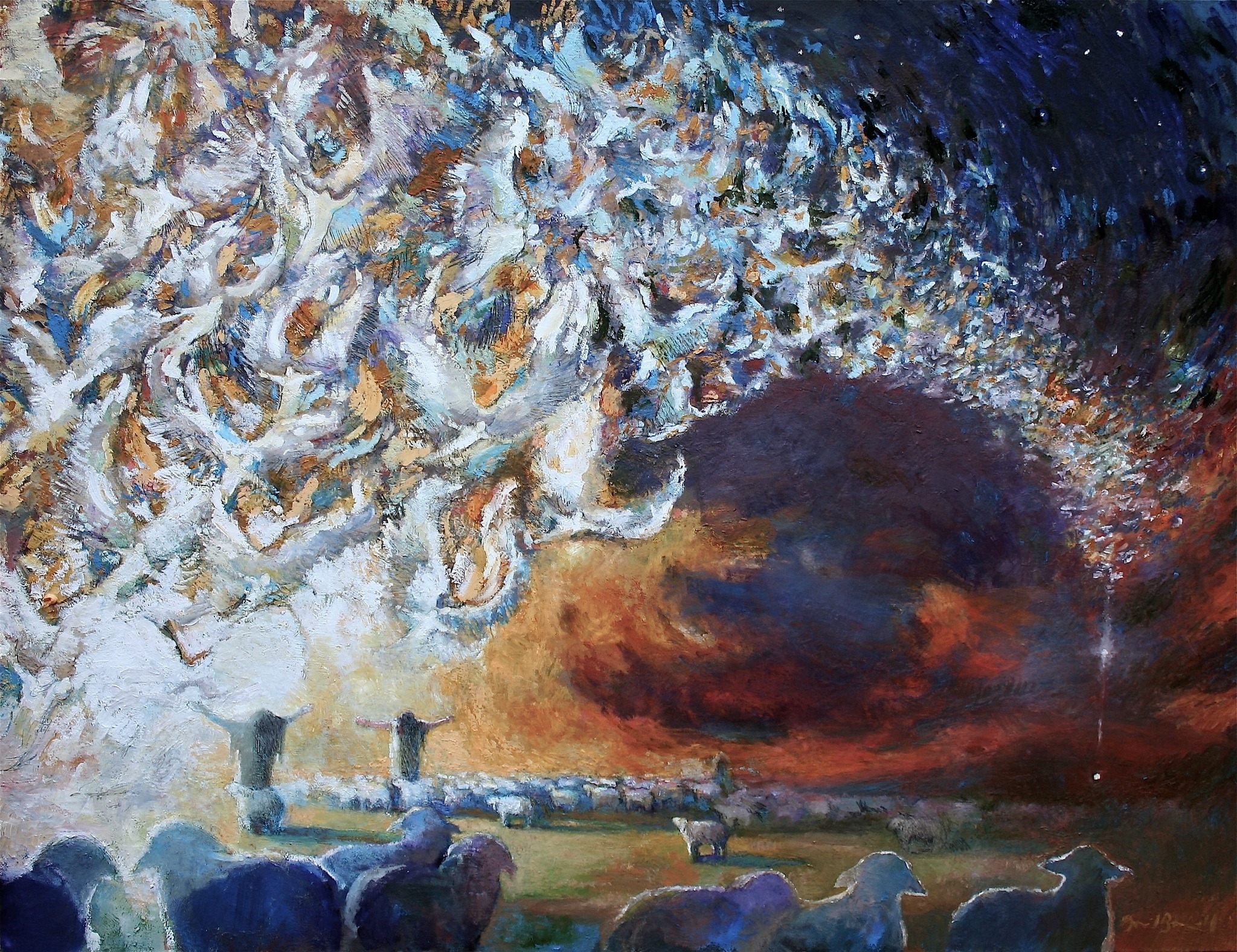Divo Barsotti
There are two foundations of hope. If in the exercise of the theological virtues there is a synergy, that is, there is an action of God and an action of man, the foundation of hope must be both in man and in God.
In man there are dispositions that allow God to work in our soul. We certainly could not ascend to heaven by our own strength, but we can free ourselves from everything that prevents the Spirit of God from lifting us up to himself. The foundation that is in man is a condition for the exercise of hope. What is this condition? It is our desire, because you cannot hope for what you do not want. If man had no desire, he could not have any hope.
The nature of man is a pure condition for reception. In and of itself it is nothing; for this very reason he can receive everything and he can desire everything. All that man has, he receives. We must receive everything on the natural level because we are not masters of our existence. We are suspended in the void and aspire to everything. But since we live in time, we can also find a certain rest in something that replaces the whole of God. Even a piece of candy is enough for us: wealth, feeling good … But all this does not fully satisfy our being. Man, by nature, is a desire for God, a desire for the absolute, for the infinite. It is the thought of St. Thomas Aquinas. Without this desire, there is no hope. On the other hand, this desire is not enough to create hope; in itself it is ineffective because it only reflects our aspiration. It does not say that we have, only that we would like to have. For hope, therefore, desire is necessary, but desire is not enough, because it must become effective by transforming itself into hope.
(From “Che Dio vi parli,” Chorabooks 2016, translated by Aurelio Porfiri. Image: Ri_Ya at pixabay.com)


 Follow
Follow

